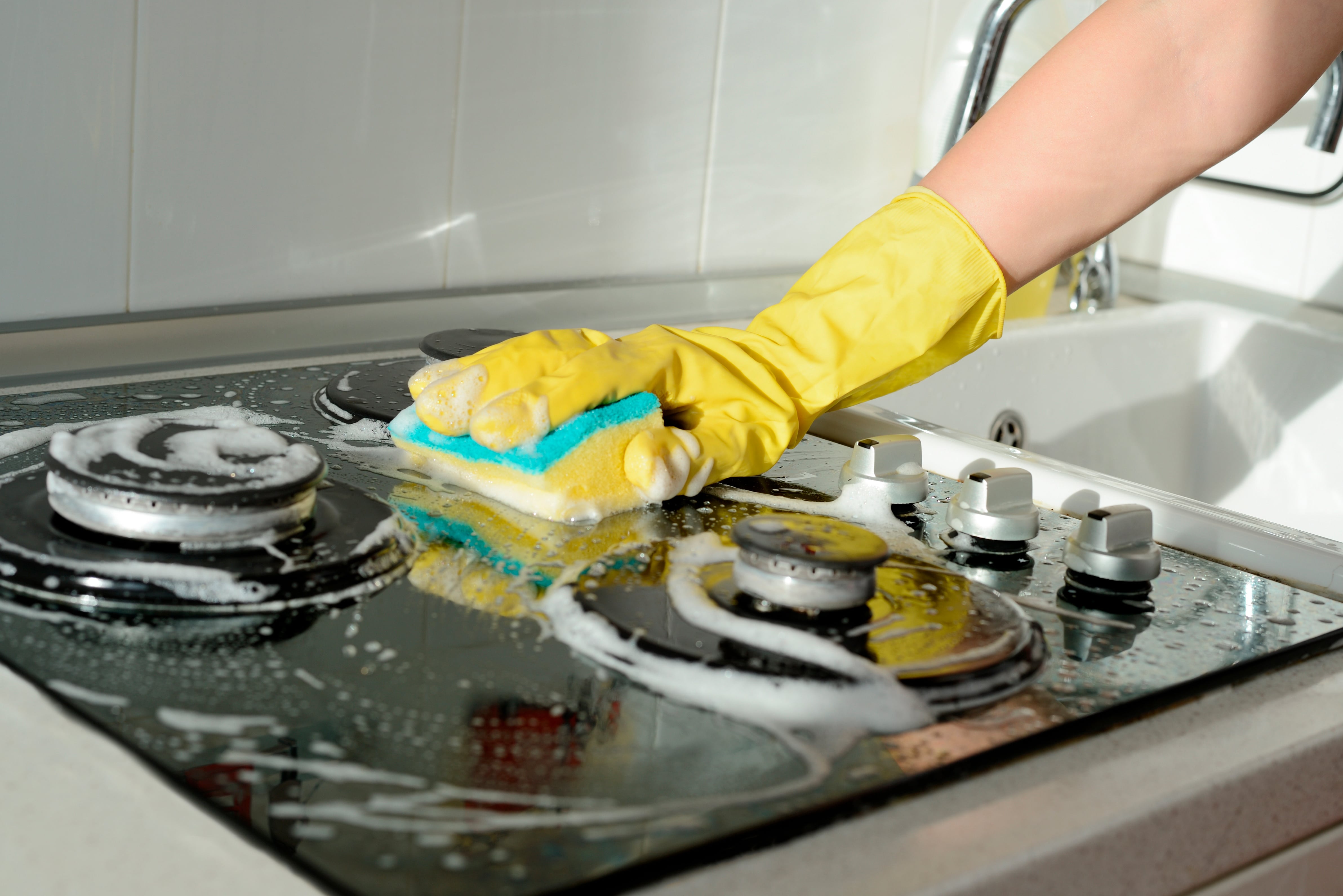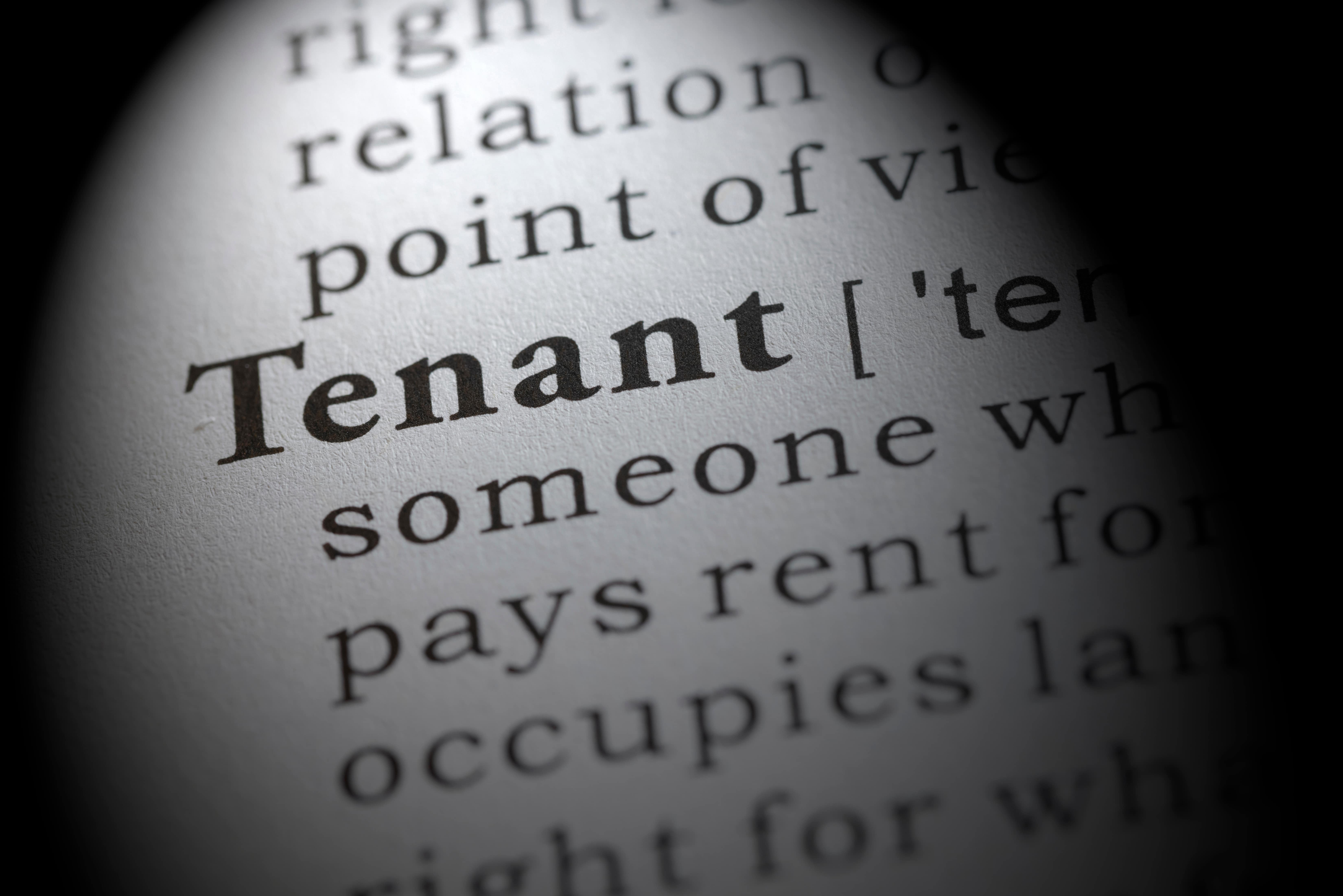Blog Updated: 05/16/2025
Essential Tips for Tenants for a Smooth Rental Experience
Navigating the rental market and being a responsible tenant can be daunting for both new and experienced renters. With varying lease agreements, landlord expectations, and maintenance responsibilities, it’s easy to feel overwhelmed.
However, by understanding your rights and obligations, you can avoid costly mistakes and foster a positive relationship with your landlord.
Taking proactive steps—such as carefully reviewing lease terms, documenting property conditions, and maintaining open communication—can make a significant difference in your rental experience.
Additionally, knowing how to handle security deposits, repair requests, and moving-out procedures will help you protect your finances and avoid disputes. Whether you’re renting your first apartment or transitioning to a new home, being well-informed ensures a smooth and stress-free tenancy.
Below are some actionable tips every tenant should know to make the process easier and more rewarding.
Document Everything
Before you even unpack, it’s crucial to inspect your new rental property thoroughly. Look for any pre-existing damages, such as chipped paint, broken fixtures, or scratched floors. Documenting these with photos or videos is essential.
You should also note these on a move-in checklist and provide a copy to the property owner. Depending on the period of time, this may be very useful to remember when you vacate.
This documentation can be used as evidence if there are any disputes when you move out regarding damages, protecting you from unfair charges to your security deposit.
To be extra cautious, send the documented issues via email to your landlord or property manager so there's a timestamped record. Keeping this communication ensures transparency and helps avoid future disputes.
Understand the Lease Agreement
Before signing your lease agreement, take the time to read it thoroughly. A lease is legally binding. Make sure you understand the terms regarding your responsibilities as a tenant, particularly around property maintenance, rent payments, and rules for terminating the lease.
Pay special attention to clauses leases include regarding the return of your security deposit, such as the conditions under which deductions can be made. Familiarizing yourself with the lease terms will help avoid unpleasant surprises and misunderstandings later.
If any part of the lease is unclear, don't hesitate to ask the landlord for clarification. You might even consider seeking legal advice, especially for long-term or high-stakes leases, to ensure you fully understand your obligations and rights as a tenant.
Communicate with Your Landlord
Clear and prompt communication is key to maintaining a good relationship with your landlord. Should any issues arise during your tenancy, such as required repairs or maintenance problems, report them to your landlord immediately.
Document these issues and keep copies of emails or texts for your records during the whole length of time of the lease.
Additionally, it's essential to communicate in writing whenever possible. Verbal agreements may not hold up in a dispute, so documenting everything can protect you if the landlord does not address the issues promptly.
Understanding the repair timelines stipulated in your lease or local tenant laws is also a good practice.
Clean and Repair Before Moving Out

Before you vacate the rental property, ensure it is left in good condition. Clean thoroughly, including areas such as the kitchen, bathrooms, and floors. Address any minor repairs like patching nail holes in walls or replacing light bulbs. Anything beyond wear and tear.
Many landlords conduct a final inspection of the property after you move out. Some landlords may even offer a pre-move-out inspection to provide you with a list of issues to address before vacating.
Resolving these items ahead of time can increase your chances of receiving your full security deposit back. Failing to clean and repair may result in deductions from your deposit for cleaning fees or repairs.
Know Your Rights as a Tenant

Familiarize yourself with your local tenant laws to ensure you're treated fairly. Laws vary by state, but they typically cover important aspects such as the timeframe for returning your security deposit, the landlord's responsibility for making repairs, and protections against illegal eviction.
Understanding these rights can help you advocate for yourself in case of any disputes with the landlord.
For instance, in many states, landlords are required to return your security deposit within 15 to 30 days after you move out.
If the landlord intends to withhold part of your deposit, they must provide an itemized list explaining the reasons for the deductions. Knowing these rights can prevent landlords from taking advantage of you during the move-out process and avoiding legal action.
Conclusion: Protect Your Deposit and Ensure a Positive Rental Experience
Being a responsible tenant requires attention to detail from move-in to move-out. Pay rent on time, be a good tenant can be easy.
Documenting the condition of the property, understanding your lease agreement or rental agreement, maintaining clear communication with your landlord, and leaving the property in good condition are all essential steps to protect your security deposit and foster a positive relationship with your landlord.
If you need further assistance or have questions about your rights and responsibilities as a tenant, it's always a good idea to contact local tenant rights organizations or consult legal professionals for advice.
For more resources on tenant rights, tips for maintaining a rental property, or navigating the rental market, see our resident resources page for helpful information.
View our available properties or schedule a showing now.
Frequently Asked Questions (FAQs) - Smooth Rental Experience For Tenants
What should I do before moving into a rental property?
Inspect the unit, document existing damage, test appliances, review the lease, confirm utilities setup, and take photos for records. Ensure renter’s insurance is active and request a move-in checklist from the landlord. Verify keys and access codes before move-in day.
What happens if I notice damages after moving in?
Report damages to the landlord immediately in writing. Include dated photos and a detailed list. Keep copies for your records. This protects your security deposit and establishes that the damage was pre-existing.
What should I look for when signing a lease?
Check rent amount, due date, lease length, renewal terms, repair responsibilities, guest policies, and fees. Confirm pet rules, utility responsibilities, and termination clauses. Ensure everything discussed is in writing before signing.
Can I negotiate the terms of my lease?
Yes, lease terms can be negotiated before signing. Discuss rent, move-in date, repairs, or included utilities. Get all changes in writing. Landlords may agree to reasonable terms to secure reliable tenants.
Can my landlord change the lease agreement after I sign it?
No, a landlord cannot change a signed lease without your consent. Any modifications require mutual agreement and written documentation. Mid-lease changes are only valid if both parties sign an updated agreement.
How do I report maintenance issues?
Report maintenance issues in writing via email or tenant portal. Include a clear description, date, and photos if needed. Keep a copy for your records. Follow up if repairs aren’t made within a reasonable time.
What if my landlord refuses to make necessary repairs?
Send a written request with a deadline. If ignored, contact local housing authorities or code enforcement. You may withhold rent or repair and deduct in some states, but check local laws first. Document everything.
Can I make repairs myself and deduct costs from rent?
In some states, tenants can make necessary repairs and deduct costs, but only after notifying the landlord and giving reasonable time to respond. Check local laws and keep receipts. Always document the issue and your communication.
Can my landlord enter my rental unit without permission?
No, landlords must give proper notice—typically 24 hours—before entering, unless there’s an emergency. Entry without notice or consent may violate tenant rights. Check your state’s laws for specific requirements.
Disclaimer: The information provided in this article is for general information purposes only and does not constitute legal advice. Laws regarding tenant rights and landlord responsibilities vary by state, so it’s important to consult a legal professional for advice tailored to your specific situation.




